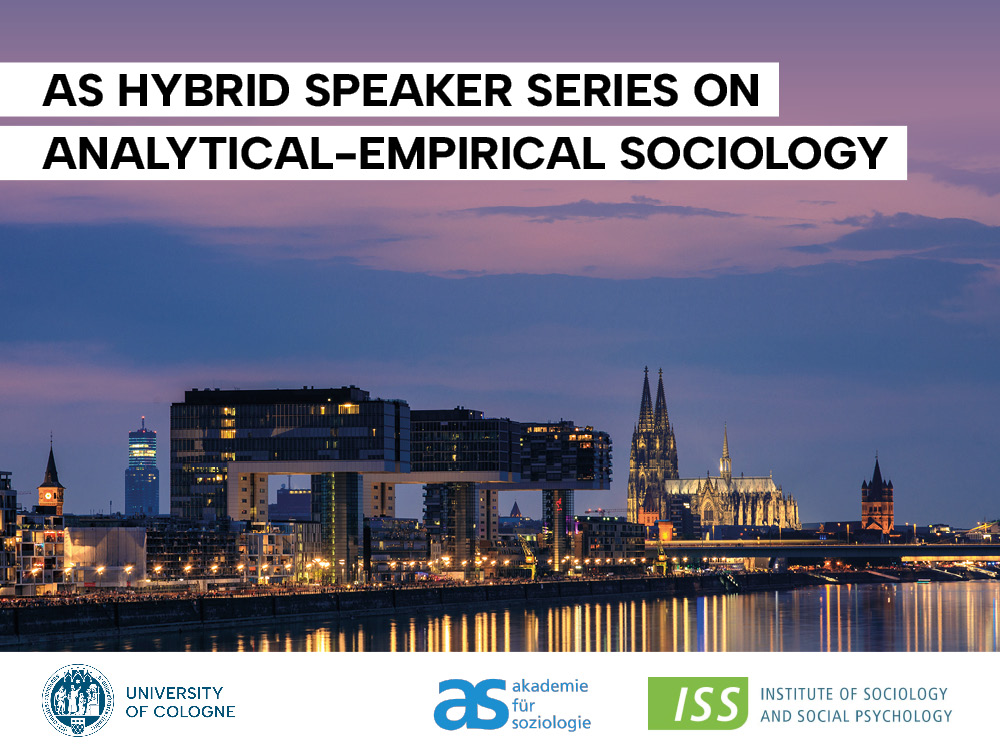This study analyzed ego-centric kinship network data from adults aged 25–35 across seven Western societies: Germany, Italy, Netherlands, Poland, Sweden, the UK, and the US. These data surpass existing data sources in the coverage of ties to nuclear, extended, and complex kin, allowing for a novel perspective on family and kinship as sources of influence, social integration, and support. This perspective yields three main findings that reach beyond the extant focus on the nuclear family. First, extended kin are central to younger adults’ lives. They account for approximately half of the family members that younger adults are emotionally close to, in regular contact with, and deem important in their lives. Second, kinship networks are matrilineally tilted. Compared to paternal kin, maternal kin are more often perceived as important, more frequently contacted, emotionally closer, and more reliable …
Events
Here you will find information on events in the field of analytical-empirical social sciences. The events listed may be hosted by the Academy of Sociology, individual members or other people or organizations. We assume no liability for the accuracy of the information on third-party events.
 EN
EN 





